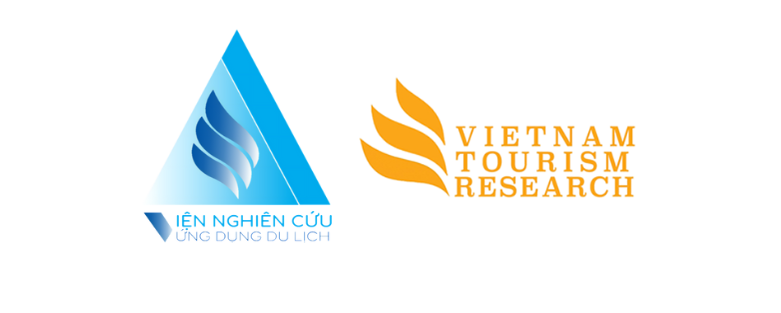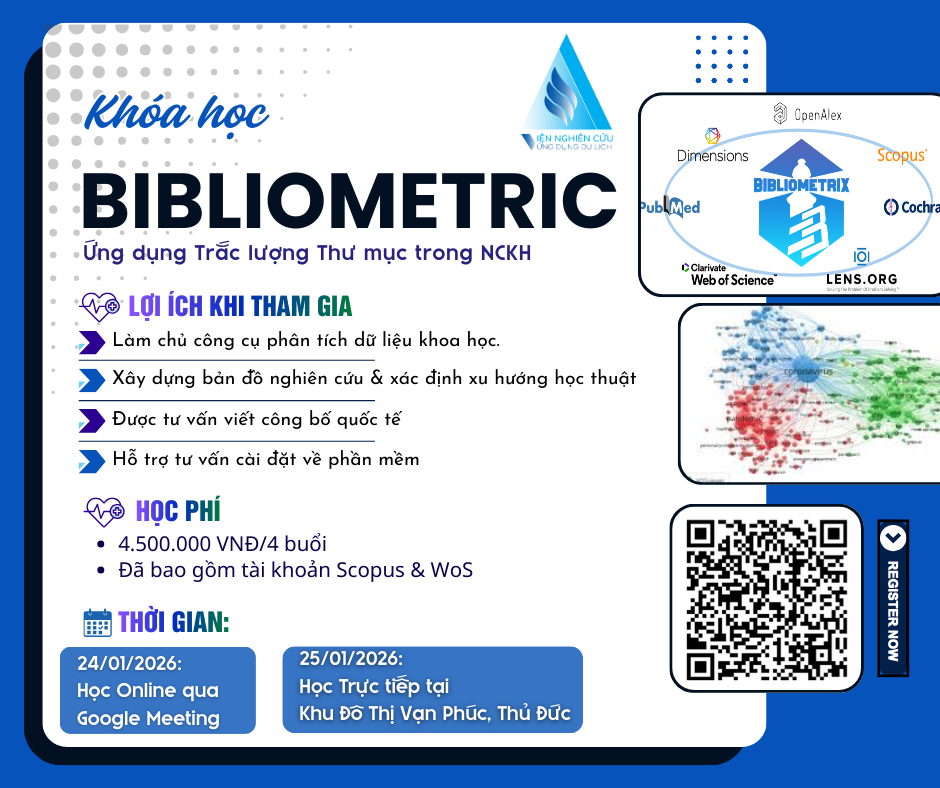This post is also available in:
Tiếng Việt (Vietnamese)
The 4th UNWTO Global Conference on Wine Tourism, held in the Colchagua Valley, Chile, in 2019, served as a pivotal academic forum, convening leading international experts
The primary objective of the conference was to analyze and underscore the importance of sustainable development within the wine tourism industry, while concurrently evaluating its advancements and systemic challenges on a global scale
Following the success of previous conferences in Georgia, Argentina, and Moldova, the selection of Chile as the host nation attests to its increasingly consolidated position on the international wine tourism map. This paper analyzes the roles, challenges, and prospects of the industry, predicated on the discussions and context of this significant event.
The Context and Role of Wine Tourism in Chile
Chile’s Position in the Global Wine and Tourism Industries
Hosting the conference in the Colchagua Valley affirmed the region’s status as a traditional agricultural hub renowned for producing internationally acclaimed wines. Chile’s standing in the global wine market is fortified by its role as the largest exporter among New World countries and the fourth largest in the world, surpassed only by traditional European powerhouses such as France, Spain, and Italy. The Colchagua Valley is also home to the oldest and most distinguished wine route in South America, an invaluable tourism asset.
In the tourism sector, Chile has been honored as the “World’s Leading Adventure Tourism Destination” for four consecutive years and was recognized for the first time as the “World’s Leading Green Destination” at the World Travel Awards. Wine tourism, which originated as a pioneering tourism model in the Colchagua Valley two decades ago, has experienced robust growth, largely attributable to effective public-private partnerships. In 2018, Chile’s wine routes attracted approximately 500,000 international tourists and over 350,000 domestic visitors, indicating immense growth potential and a significant contribution to the national economy.
Role in Socio-Economic Development
The UNWTO emphasizes the catalytic role of wine tourism in the sustainable development of rural areas, promoting social inclusion and creating employment opportunities. For wine tourism to function as an effective instrument for rural development, the engagement of local communities across the entire value chain—from production and commercial linkages to the provision of logistical services such as transportation, accommodation, and gastronomy—is an essential prerequisite.
The wine industry is identified as a critical economic driver for Chile. Wine tourism not only possesses the capacity to attract new tourist segments but also plays a crucial role in job creation and local economic stimulation, particularly in supporting small and medium-sized enterprises (SMEs) dependent on tourism activities. Consequently, the conference represented more than a mere event; it was a powerful signal for the industry’s recovery and future development.
Challenges and Opportunities in the Context of Sustainable Development
Economic and Social Challenges
Despite its considerable potential, the Chilean tourism industry confronts significant endemic challenges. The context of domestic social unrest at the time of the conference negatively impacted tourism activities. Minister of Economy, Lucas Palacios, identified violence as the “greatest enemy of the economy and tourism.” Consequently, international arrivals declined by 34% in October, accompanied by a wave of booking cancellations for the subsequent quarter, inflicting severe economic damage, particularly in terms of job losses and reduced fiscal revenue.
Response Strategies and Solutions
Against this backdrop, the conference was perceived as a critical catalyst for recovery, demonstrating a firm commitment to rebuilding and strengthening the industry in a responsible and sustainable manner. The Chilean government implemented a multi-faceted strategy centered on three pillars: peace, a comprehensive social accord, and a new constitutional framework. Concurrently, a public expenditure package of 5.5 billion USD was committed to support those affected.
The Public-Private Partnership (PPP) model was highlighted as the key factor for overcoming the crisis. Leaders at both national and regional levels collectively called for enhanced dialogue and cooperation, reaffirming the principle that national development is the result of a synergistic effort between the public and private sectors.
Sustainable Development and Adaptation to Climate Change
The International Organisation of Vine and Wine (OIV) identifies climate change as one of the most severe challenges facing the vitiviniculture sector. The Director-General of the OIV, Pau Roca, employed the metaphor of the “canary in the coal mine” to illustrate the wine industry’s pioneering role in the early detection of climate change impacts, based on centuries of observational data and historical records.
In response, the industry requires comprehensive adaptation and mitigation solutions. The OIV regards “sustainability” as a core economic value intrinsically linked to the preservation of the biosphere. The organization has issued specific resolutions and guidelines on sustainability, including measures such as reducing the weight of glass bottles, maintaining cultivation systems that enhance soil carbon sequestration, and developing viticultural techniques that minimize pesticide use. The OIV’s strategic plan through 2024 is focused on contributing to 13 of the 17 United Nations Sustainable Development Goals (SDGs).
Industry Linkages and Global Trends
Structural Characteristics of the Wine Industry
The wine industry is characterized by a highly fragmented structure, comprising thousands of enterprises, which fosters a biodiverse and resilient ecosystem. A defining feature is the inextricable link between a wine’s brand and its territory of origin (terroir). This factor generates a unique economic value chain that empowers grape growers and yields high added value for the final product. The OIV asserts that the wine industry cannot be relocated, as its existence is contingent upon four immutable factors: climate, soil, grape varietals, and the human element (tradition and know-how).
Digital Transformation and International Cooperation
The industry faces an urgent need for digital transformation. Digitization is conceptualized not merely as a technological tool but as a data science, wherein technologies like blockchain can be leveraged to ensure transparency and product traceability.
Strategic cooperation between the UNWTO and the OIV is identified as a critical necessity. The OIV Director proposed enhancing collaboration in statistical and economic research to develop a specialized dataset on wine tourism. Intergovernmental organizations play an indispensable role in establishing standards, guidelines, and policies that facilitate the implementation of necessary regulations by national governments.
Conclusion and Policy Implications
The 4th UNWTO Global Conference on Wine Tourism in Chile provided a vital platform for analyzing and shaping the future of the industry. Chile has set a strategic objective to become a leading global destination for wine tourism. To realize this vision, the following strategic recommendations and policy implications are drawn:
- Strengthening Public-Private Partnerships: This mechanism is fundamental to ensuring the industry’s sustainable development and resilience to socio-economic shocks.
- Prioritizing Sustainable Development: It is imperative to integrate sustainability principles across all facets of the value chain, from environmentally-friendly agricultural practices to minimizing the carbon footprint and protecting biodiversity.
- Promoting Rural Tourism: Capitalizing on the UNWTO’s designation of 2020 as the Year of Rural Tourism and Development, Chile can serve as a paradigm for leveraging tourism to generate employment and wealth in non-urban areas.
- Investing in Innovation and Digitization: Developing innovative wine tourism products and utilizing digital technologies are essential for enhancing the visitor experience and optimizing operational efficiency.
- Enhancing International Cooperation: Closer collaboration between organizations such as the UNWTO and the OIV is required to harmonize standards, share data, and promote the industry on a global scale.
With its strong commitment to sustainable development and the uniqueness of its native grape varietals, Chile is on a trajectory to become a model of success for the global wine and tourism industries.
Chile was set to further solidify its standing by hosting the 43rd World Congress of Vine and Wine of the OIV in November 2020, another pivotal event for the sector. The nation, with the purity of its grape varietals and a steadfast commitment to sustainable development, is demonstrating a successful model for the global wine and tourism industries.









